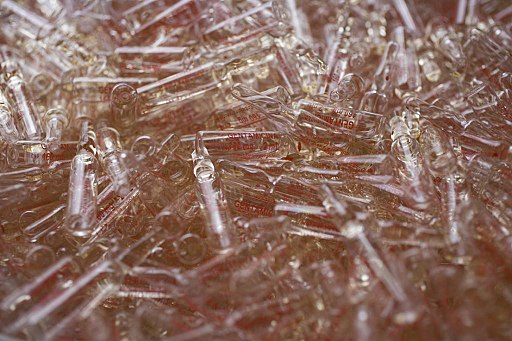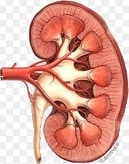
Medical waste in India to hit 775.5 tonnes daily by 2022, study suggests
pharmafile | March 23, 2018 | News story | Manufacturing and Production, Medical Communications | India, medical waste, pharma
A new report has shed light on the worrying state of medicinal wastage in India, indicating that the levels of disposed products are on the increase and will reach 775.5 tons per day by 2022.
Titled Unearthing the growth curve and necessities of bio medical waste management in India 2018, the report was conducted by Velocity and the Associated Chambers of Commerce of India (ASSOCHAM). Specifically, it noted that the nation’s current level of wastage, which stands at 550.9 tonnes per day, is due to increase at a compounded annual growth rate (CAGR) of 7% to reach the aforementioned level in four years’ time.
In line with this increase, India’s waste management market is also forecast to expand to be worth $13.62 billion by 2025; major sections of this market, including municipal solid waste management market, e-waste market and bio-medical waste are expected to grow at CAGR of 7.14%, 10.03% and 8.14% respectively.
“Safe and effective management of waste is not only a legal necessity but also a social responsibility. Lack of concern, motivation, awareness and cost factor are some of the problems faced in proper biomedical waste management,” commented Dr Kirti Bhushan, Director General of Health Services of the Delhi Government. “There is a need for education regarding the hazards associated with improper waste disposal. Education of staff about management of biomedical waste is crucial in today’s healthcare arena.””
The report highlighted a number of challenges on the road ahead, including speed of data availability, under-reporting of waste generated and handling capacity, and lack of staff awareness at all levels.
Inefficient and ineffective waste management can lead to a raft of problems which threaten a profound impact on public health, such as vermin infestation which act as disease vectors which could see an increase in prevalence of cholera, typhoid, hepatitis and AIDS, in part through used syringes and needles. It also poses a huge threat to the environment with increased pollution of air, water and soil.
To rectify the above issues, the report recommends among other measures that a strict monitoring and evaluation framework is enforced to ensure that waste is disposed of in a safe and effective manner.
Matt Fellows
Related Content

FDA approves IMIDEX’s AI-powered device VisiRad XR
The technological pharmaceutical company IMIDEX has been granted clearance from the US Food and Drug …

Artiva Biotherapeutics announces FDA clearance of IND for AlloNK and Rituximab combo
On 16 August 2023, the US Food and Drug Administration (FDA) officially cleared Artiva Biotherapeutics’ …

Novartis acquires Chinook Therapeutics for $3.5bn
Swiss pharmaceutical company Novartis has entered into an agreement and plan of merger with US-based …








